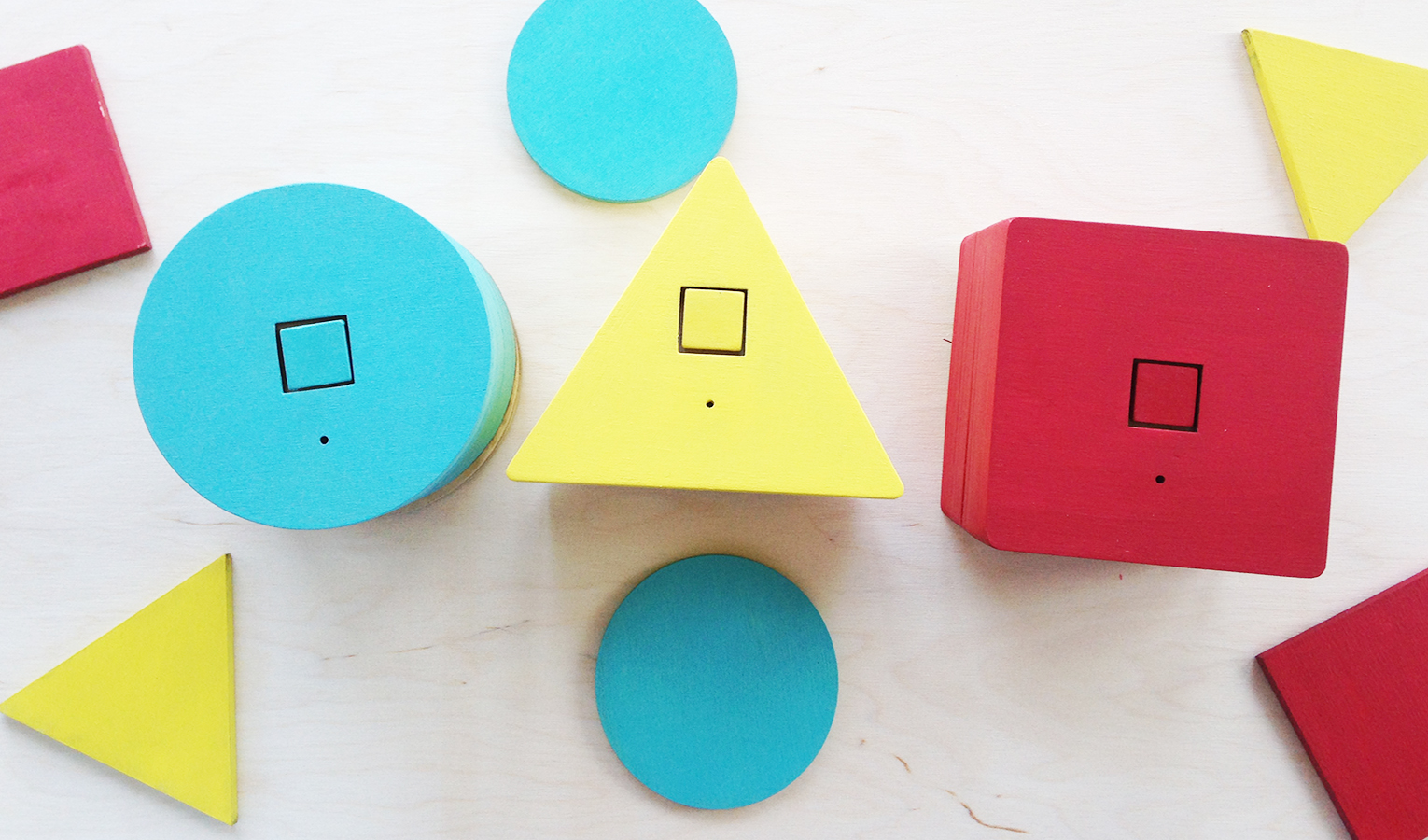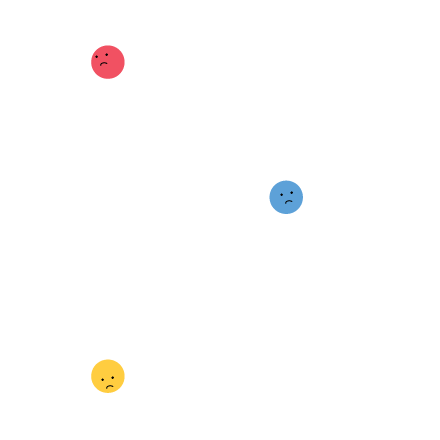SOUNDBOX
A vocal interactive toy for young children

Scott G Pobiner
John Sharp
Writing and ResearchLouisa Campbell
Barbara B. Morris
SOUNDBOX is a vocal interactive toy for young children aged 2 to 5 that can be used both at home and as an educational instrument that can be used in schools. The main focus of this project is to develop an interactive toy and activities for parents and young children to improve parent-child relations and support children as they learn certain skills effectively through playing the game with their parents. The production is based on young children’s development and parental involvement, and other research that supports early language development. The interactive book includes one picture book and three boxes with different colors and shapes. The activities give parents and children the opportunity to record their voices or sounds based on their imagination. It will also help parents and young children develop social bonding, enhance their creativity and develop greater language skills.
Playing is children’s work. Through playing, children master multiple skills including imagination, exploration, experimentation and social behavior and stimulate their development. These skills all evolve through real-life experiences with real-life people and activities. For that reason, parents and caregivers play an important role in early child development. For example, families who play together in their children’s first year can help young children develop their brain so they will be more cooperative, supportive and have better communication in their future. Among these, parents are the first and premier educators because what they do has a powerful effect on children’s learning. Parental involvement with children from an early age has been found to equate with better outcomes, including cognitive development, especially language and literacy and social emotional development, such as behaviors and attitudes. Therefore, it is best for them to interact with real people and objects in a real environment, not a digital world on screens.
Today, however, smart devices like iPads are slowly replacing the important role of parents and caregivers. According to a research survey of 2,300 parents of children aged 0 to 8, 37 percent of parents practice this form of parenting, despite the fact that the American Academy of Pediatrics (APP) suggests infants and children under age 2 should avoid using screen-based technology. In fact, too much screen time reduces the time available for physical parent-child play, especially parent-child reading which is crucial to every aspect of early child development, including cognitive, motor, social, language skills. Furthermore, if children spend too much time on touch screens, they lose the chance to master their fine motor skills which involve more than mastery of their thumbs and index fingers. These skills are still needed because they enable young children to develop a strong sense of self-identity and power when they open a food container at lunch, zip a coat and learn to write. In addition, when we master our eye-hand coordination skills, it strengthens different parts of the brain.
In order to enhance parent-children time through a simple play activity. I am proposing SOUNDBOX, a vocal interactive toy with tangible boxes and one picture book for young children aged 2 to 5 that can be used both at home and as an educational instrument that can be used inside schools. It includes one picture book and three boxes with different colors and shapes. Children can have more stimulation to enhance their learning ability and brain development because three major elements – language, cognitive and fine motor skills – are involved. The activities give parents and children the opportunity to record their voices or sounds based on their imagination. It will also help parents and young children develop social bonding, enhance their creativity and develop greater language skills.

Shu Yu Lin
Shu Yu is a New York based interaction designer and currently a MFA candidate in Deign and Technology at Parsons The New School for Design. She is currently focusing on interaction design projects. Her main interest is people’s behavior in social activities and relationships. She explores her interests through various media : mobile, web, physical computing, interaction installation, etc. Her prior works falls under the domain of interaction design and digital art.
